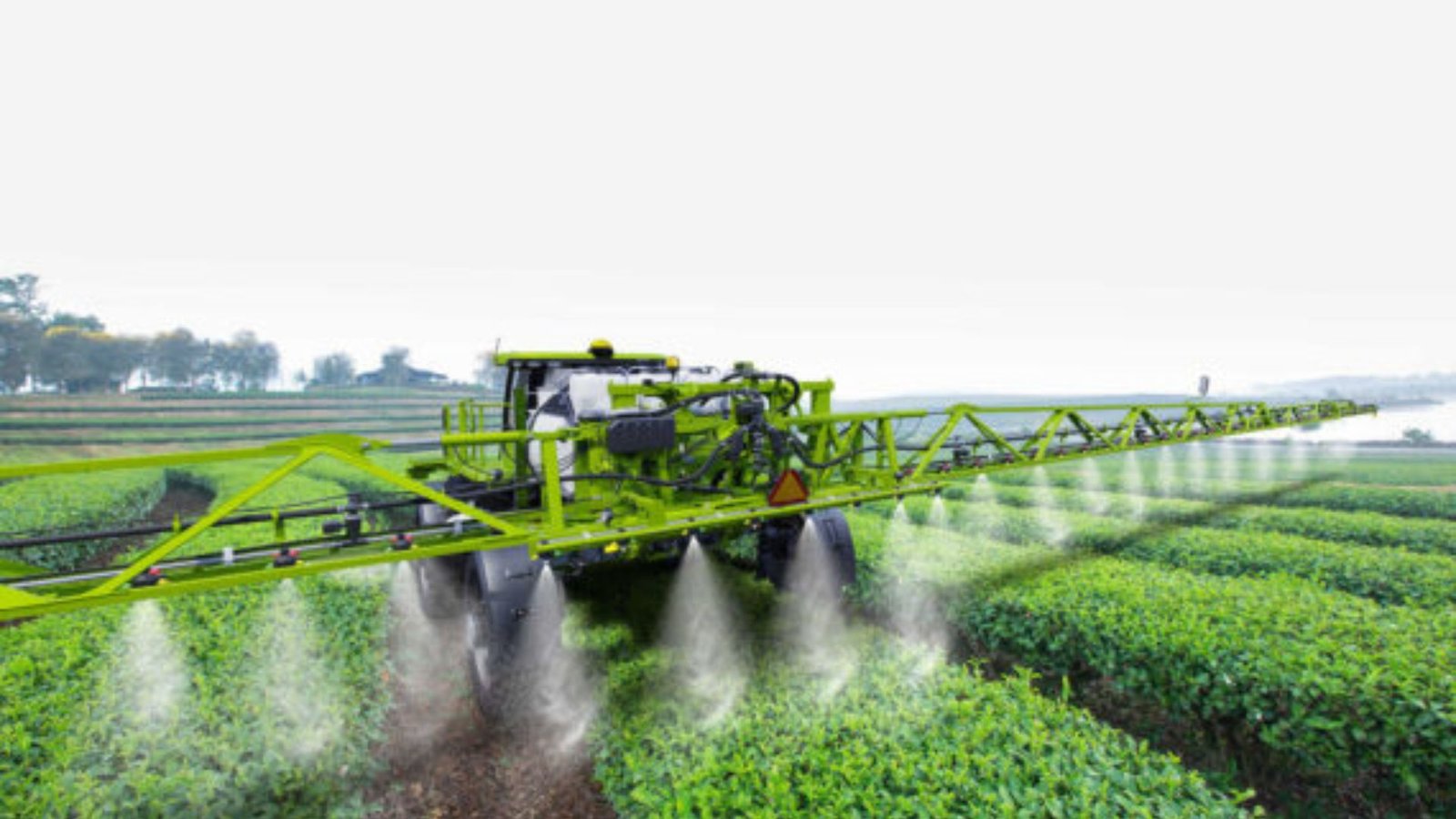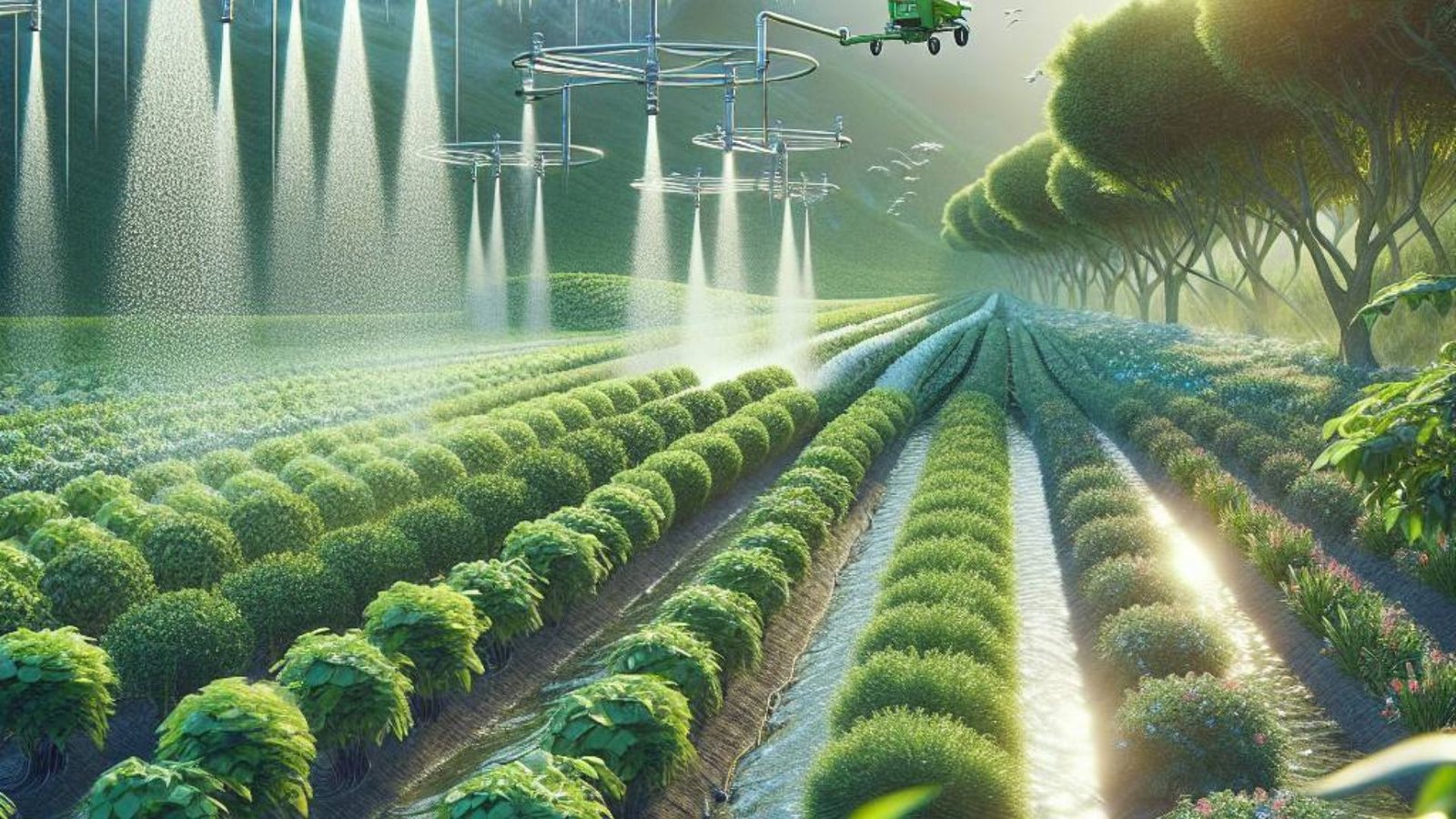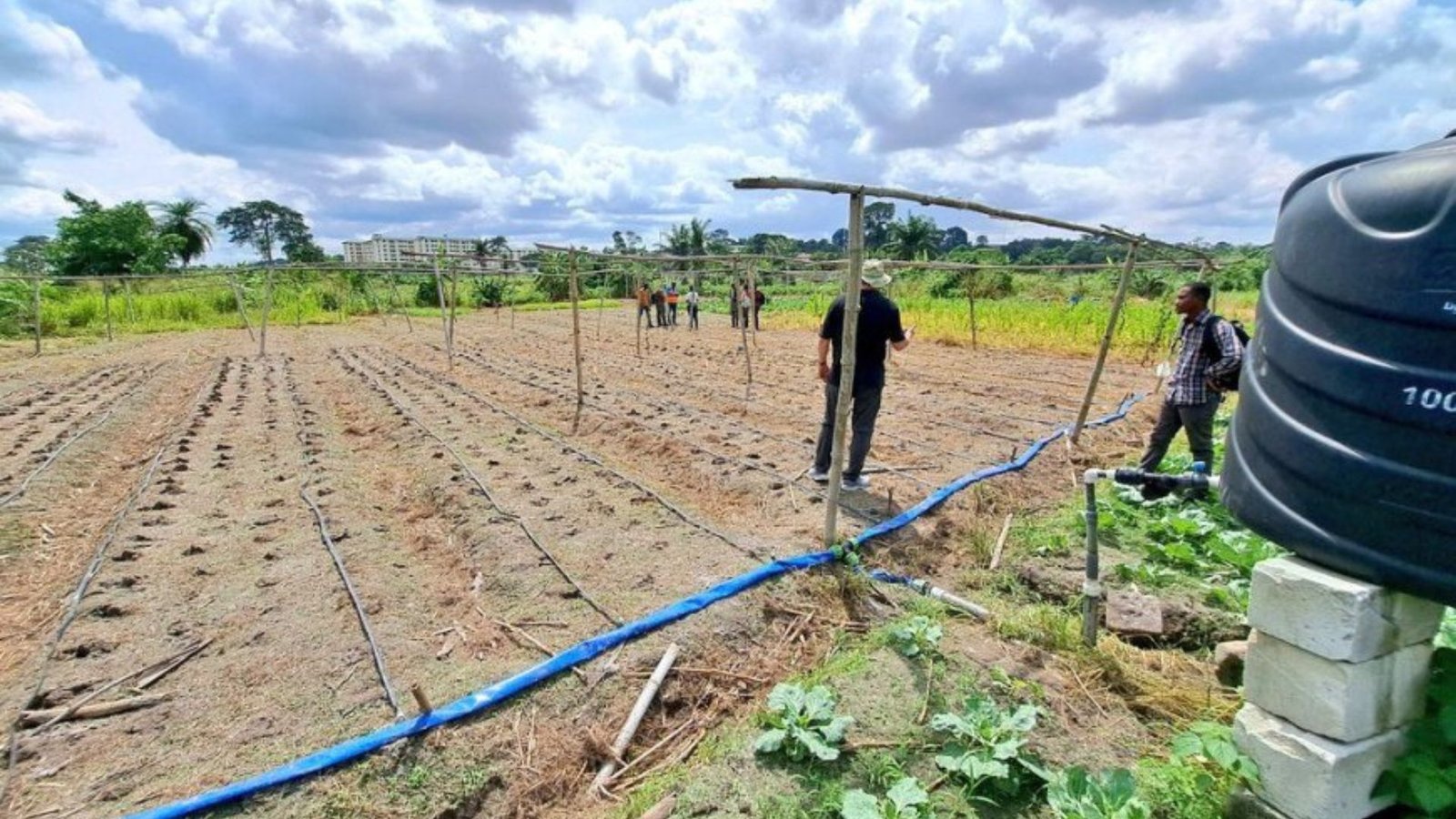Irrigation is one of the most critical factors in successful agriculture. Efficient and advanced irrigation design not only conserves water but also plays a major role in improving crop productivity. With the global population growing and water resources becoming increasingly scarce, optimizing irrigation systems is more important than ever. Advanced irrigation design integrates innovative technologies that ensure crops get the right amount of water, leading to healthier plants and higher yields. In this article, we’ll explore how modern irrigation systems contribute to better crops and sustainable farming practices.

1. Drip Irrigation: Precise Watering for Maximum Yield
Drip irrigation is a highly efficient watering method that directly delivers water to plant roots through a network of tubing and emitters. This system reduces water waste by eliminating runoff and evaporation. Drip irrigation is particularly beneficial for improving crop yield because it ensures that each plant receives the exact amount of water it needs, without excess or shortage.
How Drip Irrigation Improves Crops:
- Targeted Watering: Water is delivered straight to the roots, ensuring plants absorb water efficiently.
- Increased Crop Health: By preventing over-watering, drip systems reduce the risk of root rot and diseases.
- Water Conservation: Less water is used compared to traditional irrigation, making it perfect for areas with limited water supply.
Drip irrigation ensures crops thrive by providing them with optimal water conditions, improving both quality and quantity.
2. Smart Irrigation Systems: Data-Driven Watering
Smart irrigation systems take irrigation efficiency to the next level by using real-time data to adjust watering schedules. These systems are equipped with sensors that monitor soil moisture levels, weather conditions, and other environmental factors. By analyzing this data, smart systems automatically adjust the amount of water delivered to the crops, ensuring they receive just what they need at the right time.
Benefits of Smart Irrigation:
- Precision Watering: Adjusts irrigation based on actual moisture levels, preventing over-watering.
- Improved Crop Yields: Ensures crops receive consistent and optimal watering, promoting healthy growth.
- Reduced Water Usage: Minimizes water waste by only watering when necessary, reducing costs and preserving resources.
Smart irrigation systems are revolutionizing crop management, allowing farmers to make data-driven decisions that enhance crop health and yield.
3. Soil Moisture Sensors: Monitoring and Adjusting Irrigation Needs
Soil moisture sensors are crucial tools in advanced irrigation design. These devices measure the moisture content in the soil, helping farmers understand when and how much water their crops need. By integrating soil moisture sensors into irrigation systems, farmers can avoid over-watering or under-watering, ensuring plants get the best possible conditions to grow.
How Soil Moisture Sensors Enhance Crop Production:
- Optimal Watering: By providing real-time data on soil moisture, these sensors ensure irrigation is only used when necessary.
- Prevents Water Stress: Plants receive consistent moisture levels, reducing the risk of drought stress or over-watering.
- Efficient Use of Resources: Soil moisture sensors help farmers use water more efficiently, leading to better yields with less resource consumption.
Soil moisture sensors are a powerful tool in modern irrigation design, ensuring crops always have the perfect amount of water for optimal growth.
4. Automated Irrigation Systems: Reducing Labor and Optimizing Water Use
Automated irrigation systems are becoming increasingly popular due to their ability to reduce labour while optimizing water use. These systems can be programmed to water crops at specific times of day and adjust based on weather conditions. Automation also reduces the need for constant monitoring, allowing farmers to focus on other aspects of crop management.
How Automated Irrigation Systems Benefit Crops:
- Consistent Watering: Automated systems ensure crops are watered at the right time, even when the farmer is not present.
- Increased Crop Efficiency: With less manual intervention, crops receive consistent watering, leading to healthier and more productive plants.
- Water Savings: Automated systems help to conserve water by adjusting irrigation schedules based on weather patterns and soil conditions.
Automated systems increase efficiency by reducing human error, ensuring that crops are watered at the optimal times.
5. Variable Rate Irrigation (VRI): Customizing Water Distribution for Every Field
Variable Rate Irrigation (VRI) is a revolutionary technology that allows farmers to apply different amounts of water across different areas of the field based on specific needs. VRI uses data from soil sensors, GPS, and weather forecasts to adjust the rate of water applied, ensuring that each part of the field receives the right amount of moisture.
Advantages of Variable Rate Irrigation:
- Maximized Water Efficiency: VRI ensures that water is applied only where and when it’s needed, preventing waste.
- Improved Yield Distribution: Custom watering based on soil conditions results in better crop growth and yield across diverse areas of the field.
- Cost-Effective: By reducing water and energy usage, VRI helps lower operational costs, benefiting the farm’s bottom line.
VRI enhances crop health by giving precise water amounts to different parts of the field, ensuring maximum yield and sustainability.
6. Rainwater Harvesting Systems: Sustainable Irrigation Solutions
Rainwater harvesting involves collecting and storing rainwater for later use in irrigation. This practice is particularly useful in regions with unpredictable rainfall patterns or water shortages. By using harvested rainwater, farmers can reduce their reliance on municipal water supplies or groundwater, which helps conserve valuable resources.
Benefits of Rainwater Harvesting for Crops:
- Sustainable Water Source: Reduces dependency on external water sources, ensuring a continuous water supply for crops.
- Cost Savings: Collecting and using rainwater lowers water bills and reduces the environmental impact of traditional water use.
- Improved Crop Health: Rainwater is often free from chemicals and salts, which can be beneficial for crop health.
Rainwater harvesting provides an eco-friendly irrigation solution that supports sustainable farming and enhances crop production.
7. Solar-Powered Irrigation Systems: Green Energy for Sustainable Farming
Solar-powered irrigation systems are an increasingly popular option for farmers looking to reduce their energy consumption. These systems use solar panels to power irrigation pumps and other equipment, making them an eco-friendly and cost-effective alternative to traditional energy sources. Solar-powered systems are especially beneficial in areas with abundant sunlight.
Advantages of Solar-Powered Irrigation:
- Renewable Energy Source: Solar power reduces reliance on fossil fuels and decreases greenhouse gas emissions.
- Cost Savings: Once installed, solar-powered systems have low operating costs and can significantly reduce energy expenses.
- Sustainability: Solar-powered systems are a sustainable choice that helps farmers reduce their environmental footprint while improving irrigation efficiency.
Solar-powered irrigation is not only environmentally friendly but also a cost-effective solution for farmers looking to optimize their water management.
Conclusion
Advanced irrigation design plays a crucial role in improving crop production and sustainability. By adopting technologies like drip irrigation, smart systems, automated controls, and solar-powered pumps, farmers can enhance crop yields, conserve water, and lower costs. As the demand for food grows and environmental challenges increase modern irrigation solutions will continue to drive the future of agriculture. By embracing these innovative technologies, farmers can ensure that they are growing healthier crops while preserving natural resources for generations to come.
Incorporating these advanced irrigation techniques is not just about improving crop yields—it’s about fostering a sustainable agricultural system that supports both the planet and the people who depend on it.




